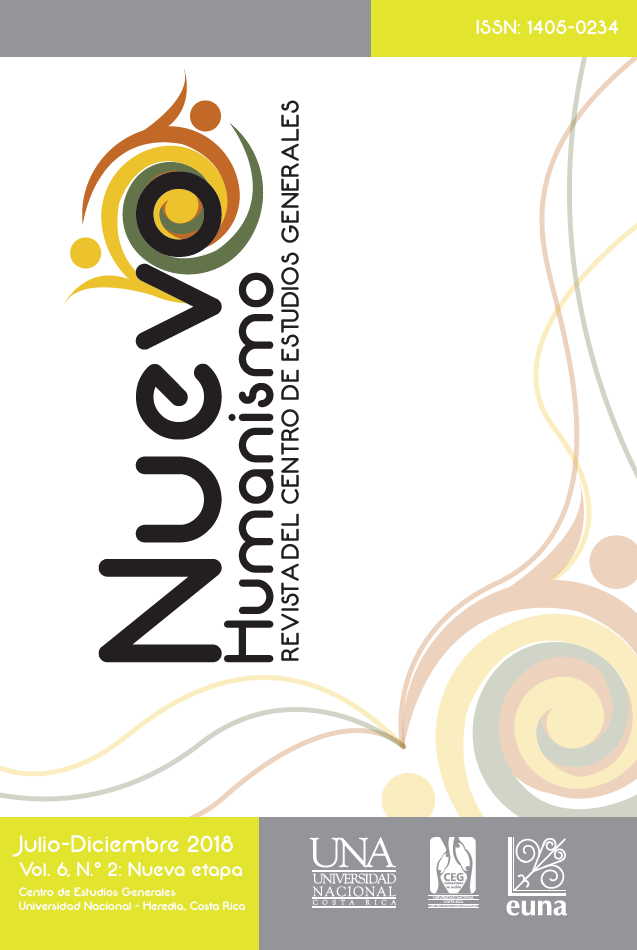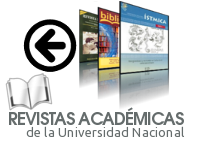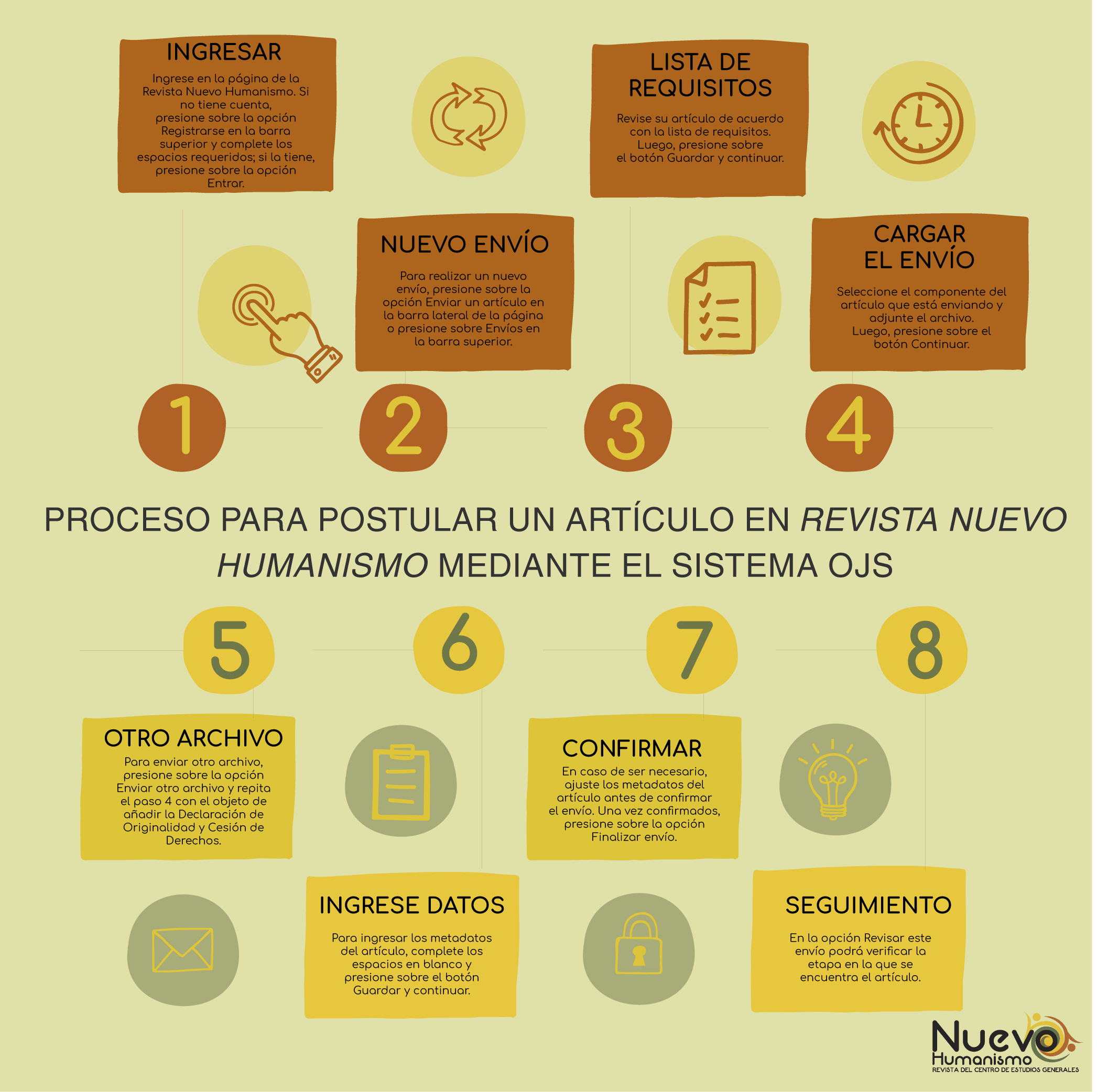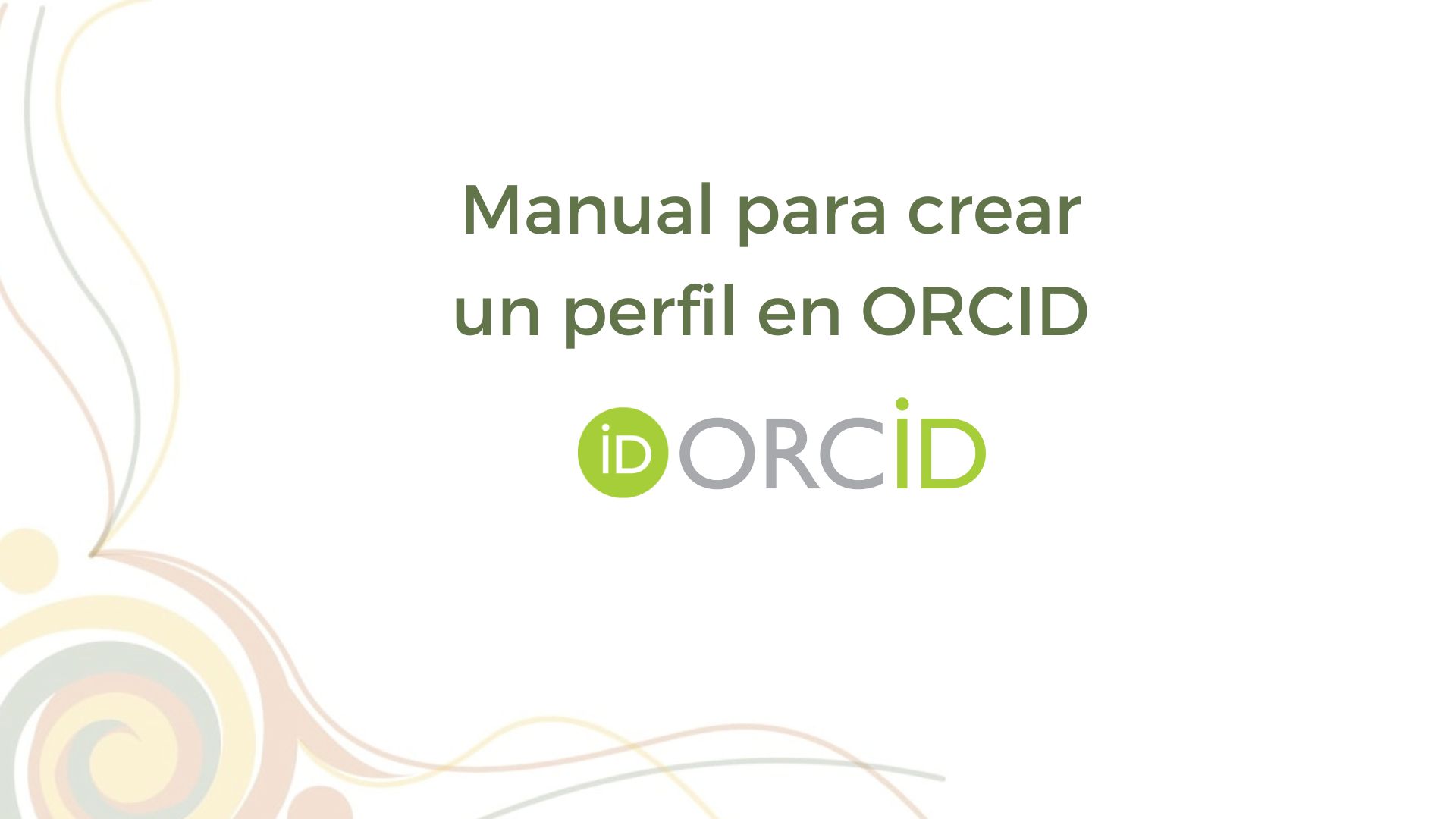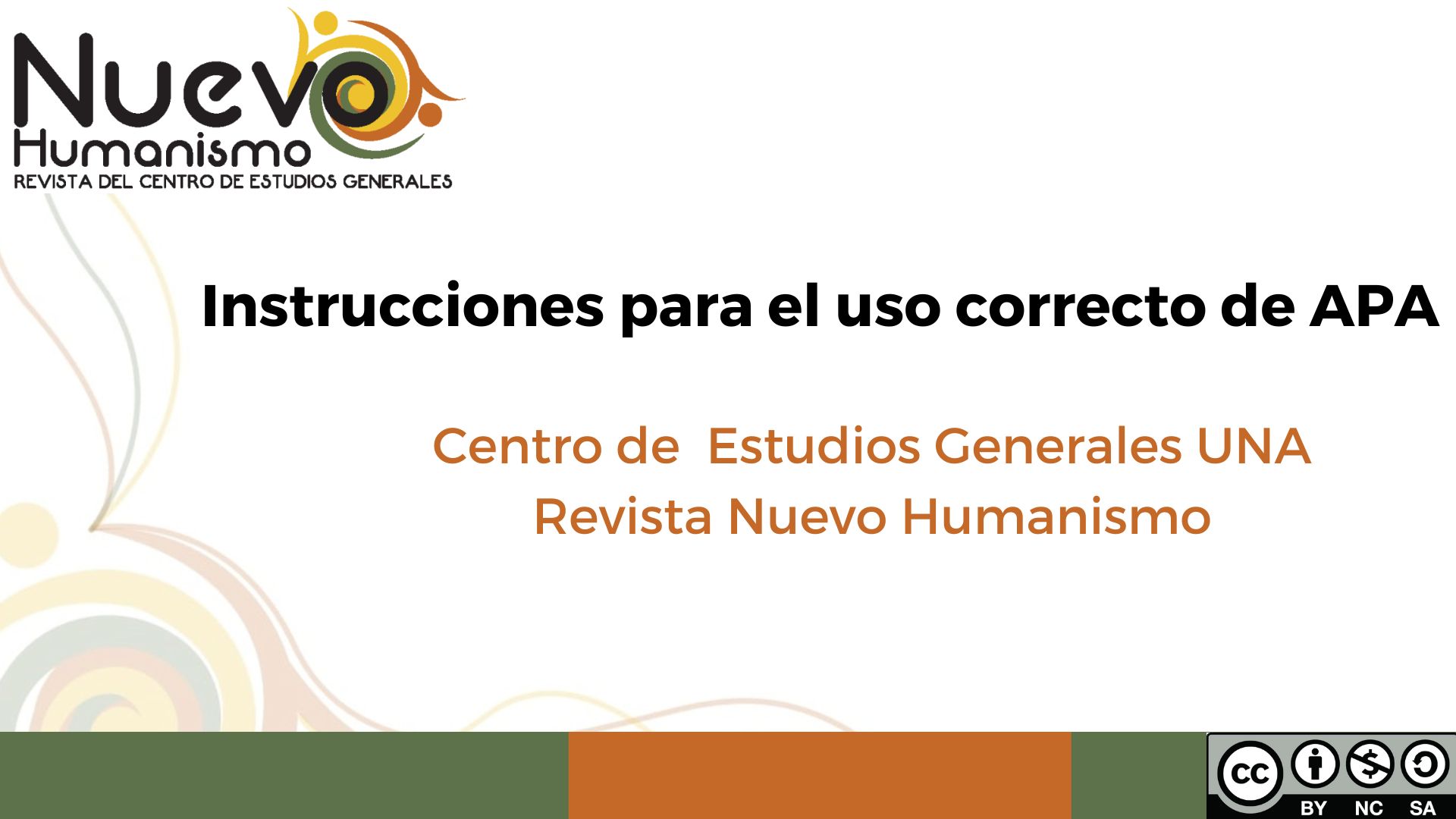Our Right to Utopias
DOI:
https://doi.org/10.15359/rnh.6-2.4Keywords:
utopias; alienation; critical thinking; Latin Americanism; resistance.Abstract
This article had as objective to study, analyze and present the concept of utopia in the thought of Horacio Cerutti Guldberg. This concept resulted from the elaboration and development of a Bachelor’s degree thesis in Philosophy. Among the main results, we found that Latin American thought is an under construction fabric, its scope and limitations are defined, expanded, and complex despite the time, fruit of the committed memory of the region. However, the roots of this thought are still the inspiration and starting points for current analyses of regional contexts. Therefore, in order to think "our right to utopias", the reflection advanced implies the assumption of critical and renovating awareness of the problems that have arisen up to the 21st century. To dare to think, as Latin Americans, from our reality and looking for our own non-universalist answers, implies the commitment of thinkers in all areas of knowledge in order to overcome mentalities alienated to the colonialist hegemonic systems. That is why rethinking and appropriating this right is a fundamental part of assuming and overcoming the challenges we face today.
References
Cerutti, Horacio. (1991). Presagio y tópica del descubrimiento. México: UMAN.
Cerutti, Horacio. (1993). El ensayo en Nuestra América: para una reconceptualización. México: UNAM.
Cerutti, Horacio. (1996). Memoria comprometida. Costa Rica: EUNA, Cuadernos Prometeo 37.
Cerutti, Horacio. (2000). Filosofar desde Nuestra América: Ensayo problematizador de su modus operandi. México: UNAM.
Cerutti, Horacio. (2006). Filosofía de la liberación latinoamericana. México: Fondo de Cultura Económica (Tercera edición).
Cerutti, Horacio. La utopía de Nuestra América (De Varia Utópica. Ensayos de Utopía III). (2007). Heredia, Costa Rica: EUNA, Cuadernos Prometeo 16. (Segunda Edición), 2007.
Foucault, Michel. El orden del discurso. Recuperado de http://caosmosis.acracia.net. Consultado el 16 de agosto del 2008.
Mora, Arnoldo. (2001). La identidad de Nuestra América. Heredia, Costa Rica. Cuadernos Prometeo 22.
Meléndez, Carlos (recopilador). (1983). Textos fundamentales de Simón Bolívar. Heredia: EUNA.
Prada, Grace (2002). “El pensamiento latinoamericano como categoría de análisis”. Repertorio Americano. Nueva época, N.° 13-14, enero-diciembre del 2002, pp. 270-278.
Sistema Nacional de Áreas de Conservación Costa Rica (2018). Comunicado de prensa SINAC celebra el día internacional de la biodiversidad. Recuperado de: http://www.sinac.go.cr/ES/noticias/ComPrensa/Comunicado%20de%20prensa%20SINAC%20CELEBRA%20EL%20D%C3%8DA%20INTERNACIONAL%20DE%20LA%20BIODIVERSIDAD%202018.pdf
Zea, Leopoldo. (1977). Latinoamérica Tercer Mundo. México: Editorial extemporáneos.
Zea, Leopoldo. (1984). El pensamiento latinoamericano. Barcelona, España: Editorial Ariel, 1984.
Zea, Leopoldo. (1988) ¿Por qué América Latina? México: UNAM
Zea, Leopoldo. (1989). La filosofía latinoamericana como filosofía sin más. México: UNAM.

